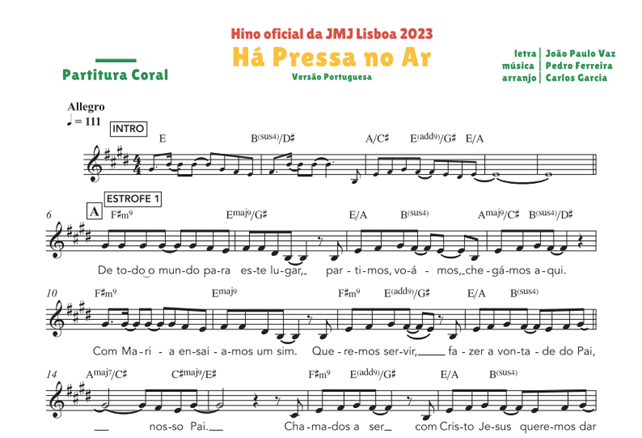Wer mich kennt weiß, dass ich nicht besonders glücklich bin über den teilweise schon inflationären (und oft falschen) Gebrauch englischer Wörter im Deutschen. Auch in meinem Unterricht versuche ich, die Studierenden zu sensibilisieren, und es ist regelmäßig folgender Satz zu hören: “Und jetzt auf deutsch-Deutsch, bitte!”
Ich habe absolut nichts gegen Englisch. Eine tolle Sprache, die ja auch meine Hauptarbeitssprache ist. Aber die deutsche Sprache ist so schön und voller fantastischer Wörter, da wäre es wirklich schade, wenn sie verkümmerte.
Natürlich ist mir klar, dass Sprache lebt und sich ständig wandelt, sowohl was die Grammatik als auch was das Vokabular betrifft. Und auch jede Sprachebene hat ihren Platz. Aber manchmal habe ich das Gefühl, dass zwanghaft Englisch benutzt wird, um “cool” oder “hip” zu klingen, ob in der Werbung oder von Politikern. Bei mir persönlich bewirkt das eigentlich immer das Gegenteil…
Umso mehr hat es mich gefreut, als ich hörte, dass ein ins Englische eingewandertes deutsches Wort, auch als Germanismus bekannt, unter den Top 10 der Wörter des Jahres des amerikanischen Wörterbuchverlags Merriam-Webster Inc. ist:
“Schadenfreude” schaffte es auf Platz 7!
Auf der Webseite heißt es dazu:
Schadenfreude is a word-lover’s word, one that pops up in spelling bees and vocabulary tests all the time. This is partly because it’s hard to spell, and partly because it’s fun to say out loud, although its pronunciation isn’t necessarily easy to discern for an English speaker. In fact, this entry’s audio pronunciation is one of the most clicked-on in our online dictionary.
It’s pronounced /SHAH-dun-froy-duh/, by the way.
But this word is perhaps also popular among wordies because of its specific and slightly malicious meaning: “enjoyment obtained from the troubles of others.” It had a spike in lookups in March when news of the collegiate admissions scandal broke, but the biggest single spike this year took place on October 2nd, when it was announced that President Trump had contracted the novel coronavirus. An example of this use came in the form of a headline from USA Today:
President Donald Trump’s coronavirus infection draws international sympathy and a degree of schadenfreude
Such uses created a spike of 24,800% compared to last year’s lookups.
Following the announcement of President Trump’s loss to Joe Biden, the word again returned to a high spot in our list.
Schadenfreude belongs to a class of German borrowings that highlight that language’s penchant for referring to complex ideas in a single, though lengthy, compound word. It comes from Schaden, meaning “damage,” and Freude, meaning “joy.”
Verspüre ich Schadenfreude, wenn ich das lese? Wohl eher Genugtuung ob des bisschen ausgleichender Gerechtigkeit… 😉



